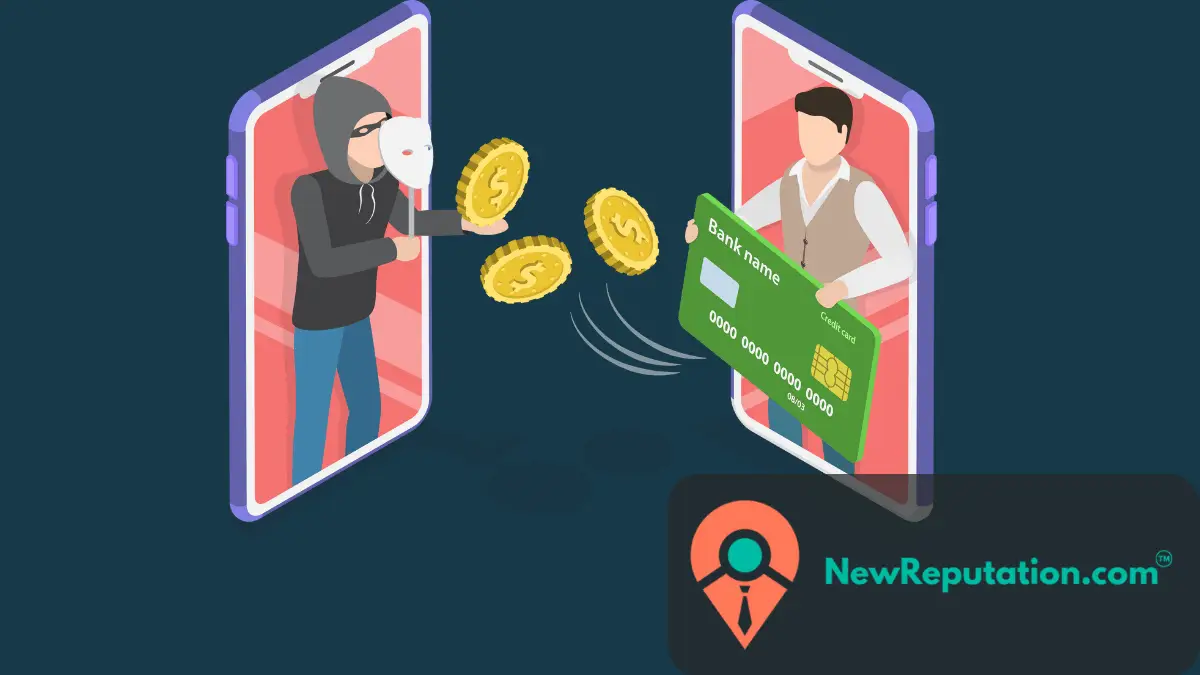Picture this: You’re doing your normal things when your phone suddenly buzzes with a fresh message. You get a rush of excitement as you see the sender’s name: UPS.
But before you get too excited about the gift you’ve been waiting for, think about the fact that the text might not be what it seems. Scams and phishing attempts have gotten more advanced. And even well-known companies like UPS can be impersonated.
In this post, we talk about UPS text scams and how to defend yourself from them. We explain how scammers work and provide you the information you need to stay safe. So, let’s get to the bottom of those strange UPS texts.
What is the UPS text scam? How does it work?
Scammers use the UPS text scam to get people to give them personal information or money by pretending to be someone else. These scammers often pretend to be UPS and send real texts that include the UPS logo. They claim to be regarding a package delivery or a problem with a shipment. They use a number of tricks to get people to do things that help the fraudster.
If you click on a UPS text scam link, one of three things could happen:
- Phishing Website: You’ll be sent to a site that is meant to steal private information. Scammers make bogus UPS websites that ask you to “verify” your information before you can continue. They want your name, phone number, address, and occasionally your credit card and Social Security number (SSN). But the scammer will get any information you give them right away.
- Payment Request: You will need to pay a fee to get your shipment released. Scammers can say that you have to pay a customs fee or some other fee before your product can be delivered. They will ask for credit card information or ask you to pay using gift cards, wire transfers, or cryptocurrency.
- Download Malware: You will accidently put malware on your phone. Hackers exploit these links to get bad software onto your computer. Malware can scan your device for private information, spy on you, encrypt it, and ask for money to open it once it is installed. This is called ransomware.
Most Common UPS Text Scams
- Fake UPS package arrival notifications: Scammers send SMS messages to people saying they are getting a shipment, frequently using UPS logos and verbiage that looks genuine.
- Messages saying you owe a delivery cost: Scammers take advantage of people’s worries about their goods by sending messages saying that they need to pay a delivery fee to get the product.
- UPS SMS that take you to fake websites: Scammers make phony UPS websites that seem like the real one to deceive people into giving them their personal and financial information.
- Scam SMS that put malware on your device: Some text messages have links that, when clicked, download malware to your device. This lets criminals get to your private information or take control of your device.
How to Avoid UPS Text Message Scams
To avoid UPS text scams, you need to be careful and follow these important tips:
- Check first: Before clicking on any links or reacting to text messages, call UPS using the official contact information on their website. You can reach their customer service at 1-800-742-5877 any time of day or night, or you can go to the UPS online contact center.
- Be careful if someone asks for your personal information: Real delivery companies like UPS will never ask for your personal or financial information by text message. Only give out important information if you are sure the notice is real.
- Use sources you can trust: Use only official UPS websites, apps, or ways to get in touch with them to track your items or get delivery notifications. Don’t click on links from people you don’t know that look questionable.
- Keep your devices safe: Get good antivirus and anti-malware software and install it. To protect against known vulnerabilities, be sure to update your operating system and apps regularly.
For more on protecting yourself from digital fraud, see guides on romance scams and the “winner of the day” scam.
How to Report UPS Scams and Get in Touch with UPS
If you get a text message from UPS that looks like a fraud, you need to tell UPS and other federal agencies about it. Tell UPS about the scam and provide them all the information they need. You can also report internet blackmail and scams to groups like the Federal Trade Commission (FTC) or the Internet Crime Complaint Center (IC3).
Final Thoughts
People need to know about the UPS text scam so they may protect themselves from falling for fake scams. You can protect your money and personal information by knowing how these scams work and taking the right steps, such checking messages directly with UPS.
To protect yourself and others from the UPS text scam, stay alert, report scams, and help spread the word. Staying informed about threats like phishing and online extortion makes it easier to stay one step ahead of scammers.

Kevin Curran is the founder and CEO of NewReputation, a renowned online reputation management firm. He is also the co-founder of ReputationPrivacy, a platform designed to help individuals manage their digital footprint effectively. Kevin has worked with diverse clients, including Fortune 500 companies, high-profile executives, and small business owners, to establish an authentic online presence that accurately represents their brand.

